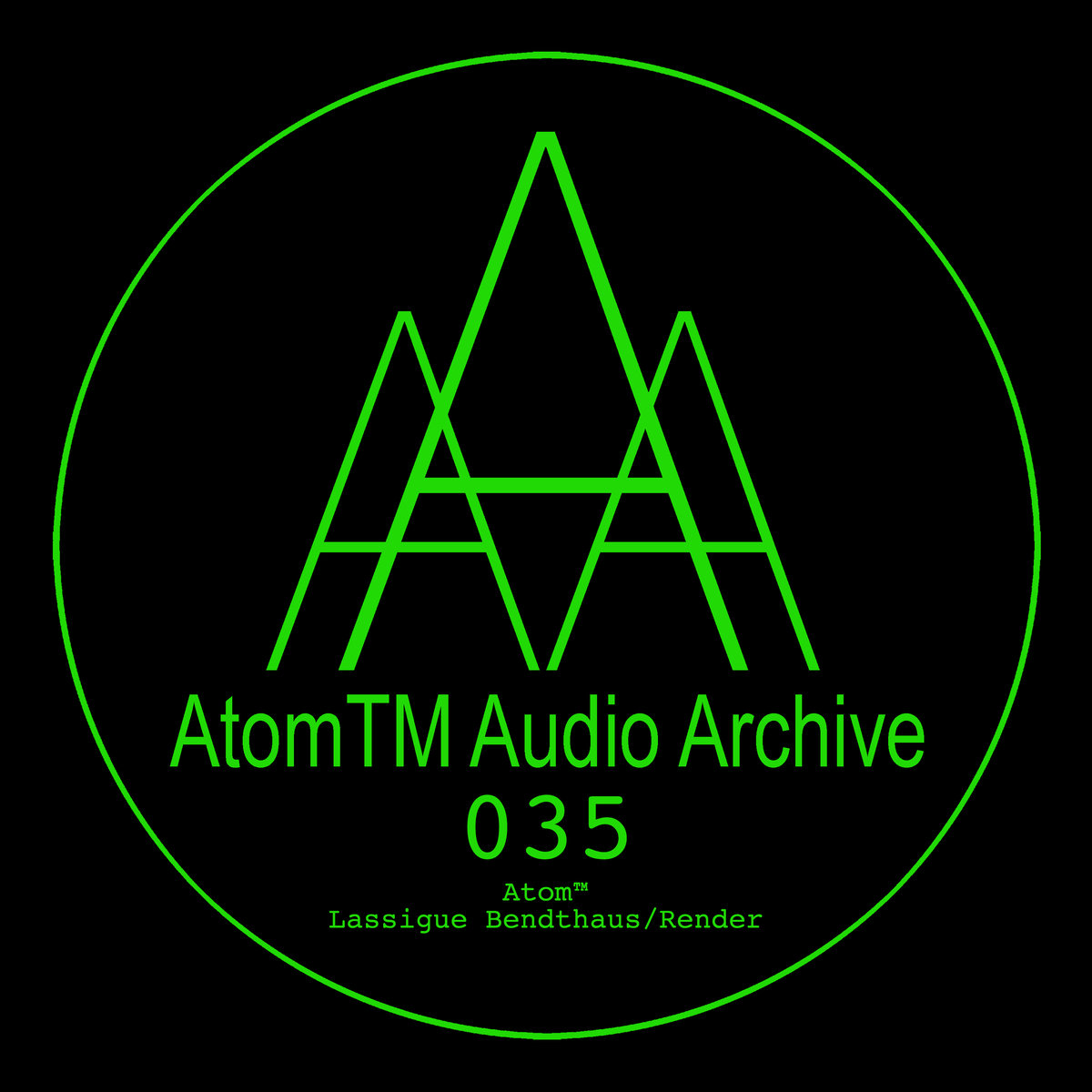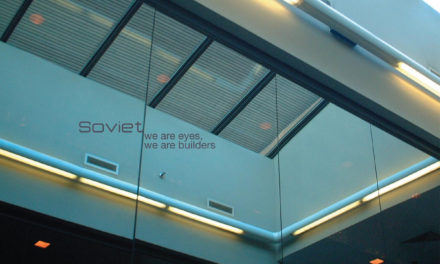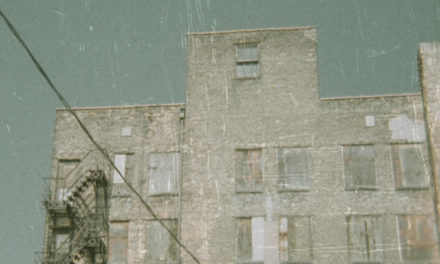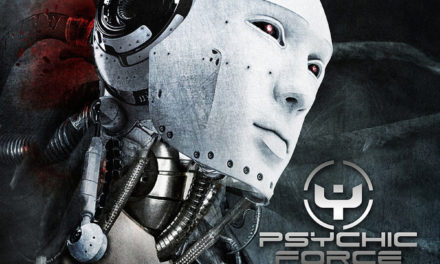Replicas is the handle we use to write about reissues and archival releases, offering some thoughts on the original material, and whatever additional goodies or format shifts may have been appended. This week, the reissue campaign of an electro-industrial project forever ahead of its time continues…
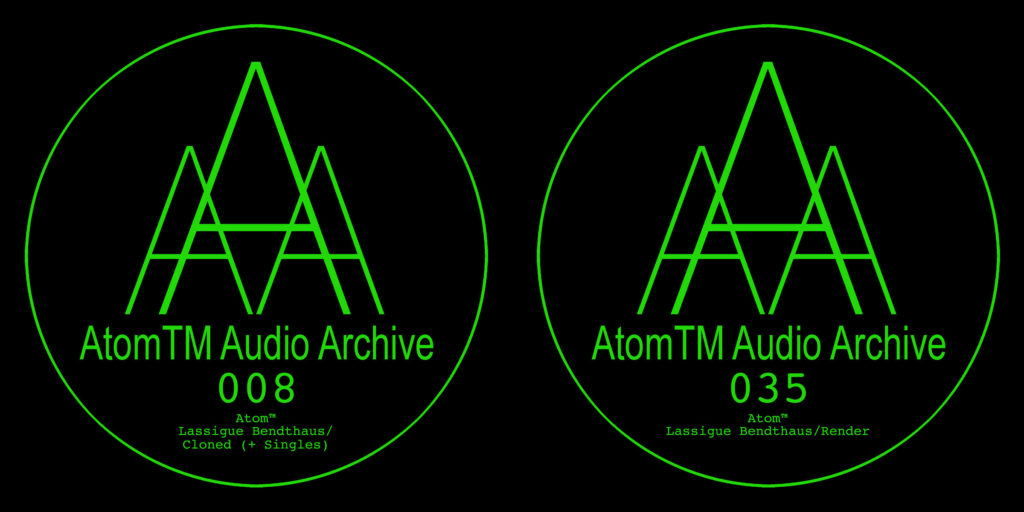
Lassigue Bendthaus
Cloned (+Singles) & Render
AtomTM_Audio_Archive
What is it?
As we noted when Lassigue Bendthaus’ debut Matter was reissued by Dark Entries a few years back, the earliest work of Uwe Schmidt may never have received the plaudits of his Atom™ and Señor Coconut recordings, but for folks fascinated by the massive changes EBM and electro-industrial would undergo in the 1990s, Lassigue Bendthaus remains a crucial touchstone. While Matter likely remains the most well known of the Lassigue Bendthaus releases, follow-up LPs Cloned (1992) and Rendered (1994) found Schmidt pushing the limits of post-industrial beats even further, linking them to electronic music’s past and future in previously unimagined ways. As part of his ongoing AtomTM_Audio_Archive project, Schmidt has digitally reissued these two records, along with plenty of extras.
What’s on it? The second and third Lassigue Bendthaus albums are, of course, here in their entirety featuring new remasters by Schmidt himself. Said reworking perhaps brings the bass to heel in Cloned‘s case, but there was little dust to be found on the original issues in the first place. On Cloned, Schmidt fully embraces breakbeats, both sampled and original, and in using them to build upon throbbing EBM basslines calls back to Kraftwerk and the place their records found in early electro and hip-hop. More contemporaneous acid touches are thrown in as well, and one can even hear Schmidt anticipating the breakthrough of big beat. Cloned communicates a sense of deja-vu, repeating and recombining many of the same elements to underscore the larger theme of repetition and loss of individuality the title points to. That feeling is taken to the extreme on this reissue, with a full hour of singles, mixes, and outtakes from the period being included.
If Cloned celebrates musical pastiche and rephrasing, Render offers a broader survey of the mid 90s zeitgeist, replete with pre-millennial tension and postmodern ambiguity. While looser and less rhythmically abrasive than Cloned, its liquid, submerged sound is wholly mercurial, just as capable of leaping into skittering Japanese cuts ups as a proto-garage number like “Blur” or a strangely affecting mini-symphony of bleeps like “Polaire” (certainly a precedent for Forma Tadre). Render also indicates Schmidt’s growing interest in still nascent glitch stylings, which he’d delve further into come his 1998 Pop Artificielle LP, and is fleshed out with a handful of instrumental and alt mixes.
Who should buy it?
Having exhaustive reissues – clocking in at a combined three and a half hours – of these long out-of-print records should be welcomed by industrial historians and crate diggers (Cloned and Render received pressings from Metropolis and KK, respectively), and DJs looking to add some cross-genre flavour to their EBM sets will certainly find an embarrassment of riches. Although it’s tempting to call these LPs “classics” (forgotten or otherwise), Schmidt’s whole body of work dismisses any of the genre formalism that produces an unimpeachable canon, and is an object lesson in just how permeable borders between genres and sounds really are.

